The healthcare industry offers unique opportunities and challenges for Black healthcare professionals looking to grow their practices.
With the right marketing strategies, these professionals can attract more patients, build strong brand identities, and make a lasting impact on both local and wider communities.
This blog post provides actionable insights into how to leverage marketing to grow your healthcare business effectively.
Building an Authentic Brand
A healthcare brand is more than just a logo or a catchy tagline.
It’s the embodiment of who you are, your values, and your professional expertise.
For Black healthcare providers, building an authentic brand means creating one that reflects your cultural identity while maintaining professionalism and trustworthiness.
The Importance of a Strong, Authentic Brand
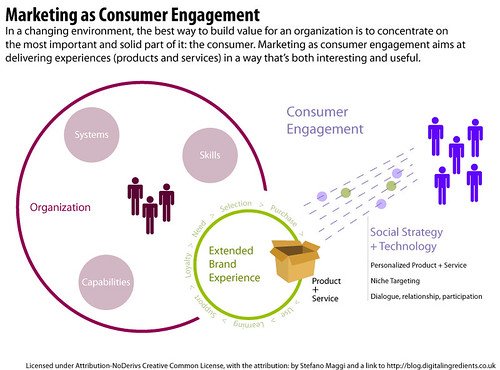
In a competitive market, authenticity is key.
Patients, particularly those from underserved communities, are looking for healthcare providers who understand their needs, respect their culture, and can provide high-quality care.
By aligning your brand with these values, you build trust, credibility, and a strong reputation in your community.
Moreover, an authentic brand enables you to stand out in a saturated market.
Healthcare is a highly personal field, and patients often choose providers who share or respect their cultural background.
For example, many Black patients may prefer a provider who understands the specific healthcare challenges they face, such as higher rates of chronic conditions or disparities in healthcare access.
Aligning Brand Identity with Community and Professional Goals
To create a personal brand that resonates, start by identifying your core values.
What sets you apart as a healthcare provider?
How do your cultural background and professional expertise combine to offer unique patient care?
Once you’ve defined your brand identity, ensure that it’s consistent across all marketing channels, including your website, social media, and physical marketing materials.
Case Study: Successful Black-Owned Healthcare Brands
For inspiration, look at successful Black healthcare professionals who have built recognizable brands. One example is Dr. Uché Blackstock, founder of Advancing Health Equity, which addresses healthcare inequities affecting Black and underserved communities.
Dr. Blackstock’s brand is rooted in her advocacy for equity, cultural awareness, and expertise in urgent care.
By aligning her professional goals with her commitment to social justice, she’s created a brand that resonates deeply with her audience.
Leveraging Social Media for Brand Visibility
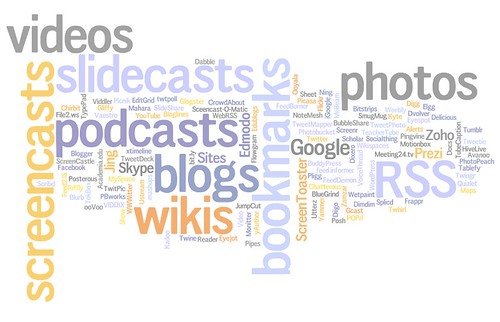
Social media platforms are powerful tools for healthcare providers looking to build their brand and connect with patients.
Whether it’s Instagram, LinkedIn, or Facebook, these platforms allow you to showcase your expertise, share educational content, and engage with your community in meaningful ways.
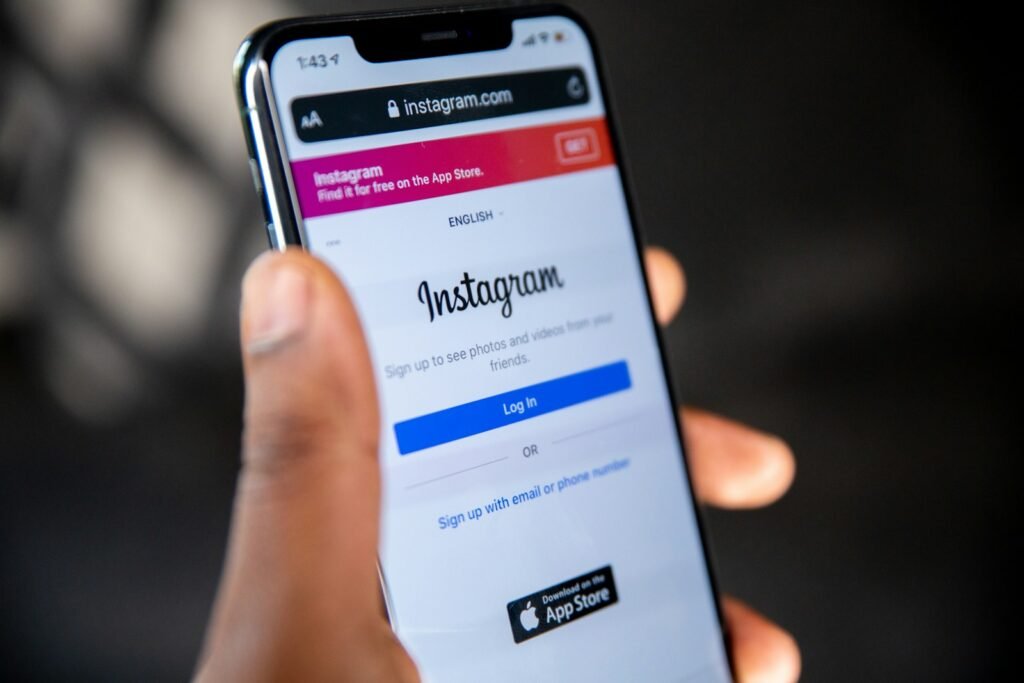
Using Instagram for Healthcare Marketing
Instagram is an excellent platform for healthcare professionals because it’s highly visual, and healthcare is a field where visuals—whether patient testimonials, infographics, or health tips—can make a big impact.
To make the most of Instagram, create posts that educate and engage.
For example, post tips on managing chronic diseases like diabetes, which disproportionately affects the Black community.
Share before-and-after stories with patient permission or post short videos explaining healthcare procedures.
LinkedIn Strategies for Professional Growth
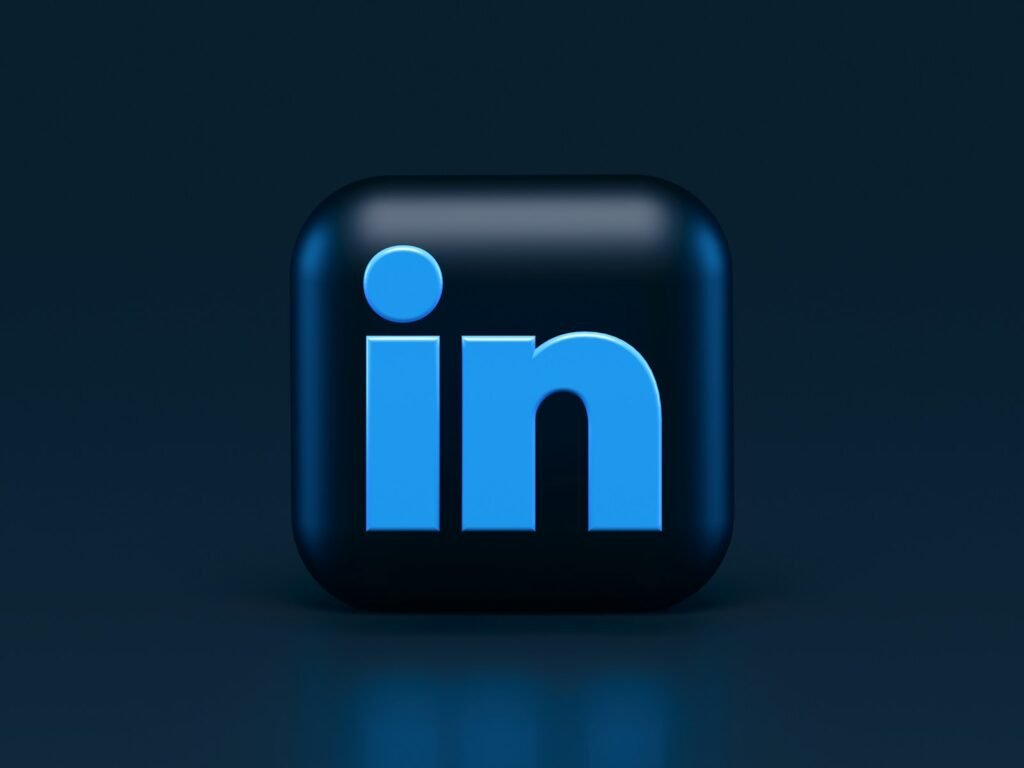
While Instagram is great for patient engagement, LinkedIn is crucial for networking with other healthcare professionals and industry leaders.
Use LinkedIn to share insights from your field, post about your accomplishments, and join conversations relevant to healthcare disparities.
By establishing a professional presence on LinkedIn, you not only increase your visibility but also open doors to collaborations, partnerships, and speaking opportunities.
Facebook for Community Engagement
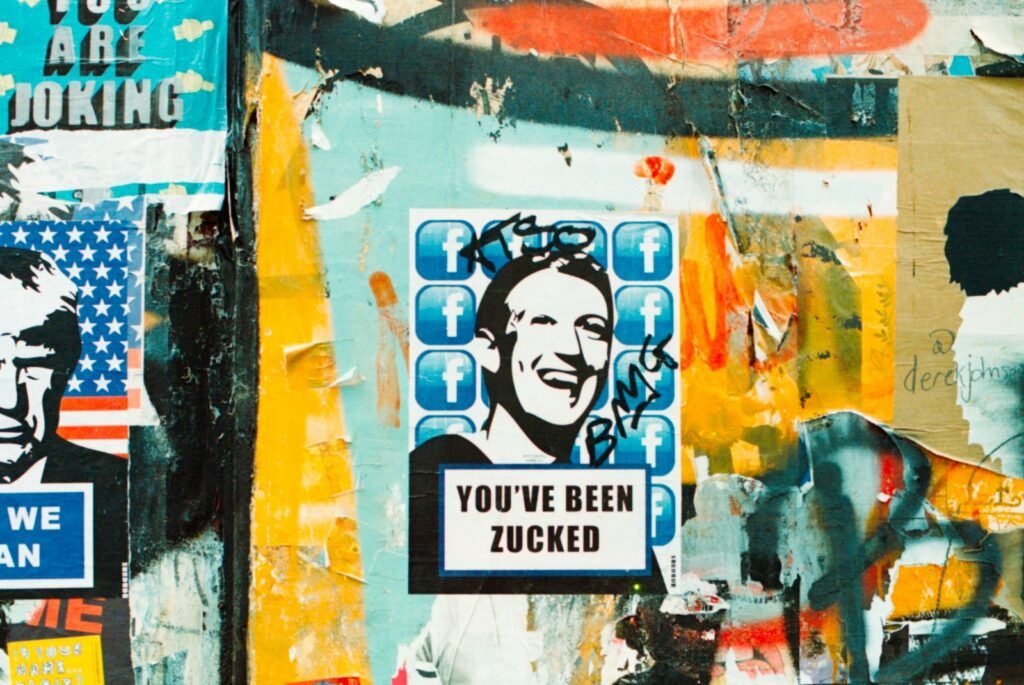
Facebook offers a more personal platform to connect with your local community.
Join or create Facebook groups focused on healthcare issues in the Black community, share your events, and engage in conversations.
Running Facebook Ads targeting your local community can also help increase your practice’s visibility, especially when promoting health screenings or free workshops.
Also read: Unlocking Success: How Black Healthcare Providers Can Harness the Power of Smart Marketing Strategies
Networking and Community Engagement
A healthcare practice thrives when it’s rooted in community trust and connections.
Networking allows Black healthcare professionals to establish partnerships that benefit both their practice and their patients.
The Importance of Networking for Healthcare Providers
Networking isn’t just about gaining new patients; it’s also about learning from others, building partnerships, and staying connected to the needs of the community.
Attend local healthcare events, participate in online webinars, or join associations focused on Black healthcare professionals.
Engaging with peers and mentors can provide valuable insights that help you grow your practice.
Partnering with Local Black-Owned Organizations
Forming partnerships with other Black-owned businesses and organizations is a strategic way to grow your practice.
For example, you could partner with a local Black-owned fitness center to offer health screenings or wellness workshops.
These collaborations not only enhance your visibility but also position your practice as a community ally.
Hosting or Sponsoring Community Events
One of the most effective ways to build trust and brand awareness is by sponsoring or hosting community health events.
These could be free health screenings, informational workshops, or mental health awareness sessions.
Events like these create opportunities for potential patients to meet you, learn about your services, and feel confident in your ability to care for them.
Content Marketing for Patient Education
As a healthcare provider, educating your patients is a key part of your job.
However, you can also use content marketing to extend this educational role beyond your office walls, positioning yourself as an expert while empowering your patients with knowledge.

Creating Educational Blog Posts
Blogs are a fantastic way to provide valuable information to your patients while also boosting your SEO (search engine optimization).
For example, blog about health issues particularly relevant to the Black community, such as hypertension, mental health disparities, or maternal mortality.
These topics not only address real community concerns but also demonstrate your commitment to improving healthcare access and outcomes.
Newsletters and Email Campaigns for Patient Retention
A well-crafted email newsletter can keep your patients engaged with your practice long after they’ve left your office.
Include tips for maintaining health between visits, updates on new services, or spotlights on upcoming community events.
This consistent communication keeps your practice top-of-mind and fosters patient loyalty.
Video Content for Social Media and Websites
Video content can significantly boost engagement.
Consider creating short, informative videos that answer common health questions, demonstrate exercises for managing chronic conditions, or explain medical procedures.
Videos are easily shareable on social media platforms and can help build a personal connection with potential patients.
Utilizing SEO and Online Reviews
For healthcare providers, having a solid online presence is essential. This means not only having a professional website but also optimizing it for search engines and managing online reviews to build credibility.
Basics of SEO for Healthcare Providers
Search engine optimization (SEO) involves optimizing your website so that it ranks higher in search engine results, making it easier for patients to find you online.
Start by using relevant keywords in your website’s content. For instance, if you specialize in cardiology, make sure phrases like “Black cardiologist in [city]” or “heart health for African Americans” are included in your website copy and blog posts.
Creating SEO-Optimized Content
Ensure that your blog posts and web pages use SEO best practices, including using headings, subheadings, and internal links to keep visitors engaged on your site.
Another critical factor is ensuring that your site is mobile-friendly since many patients will access it via their phones.
Encouraging and Managing Online Reviews
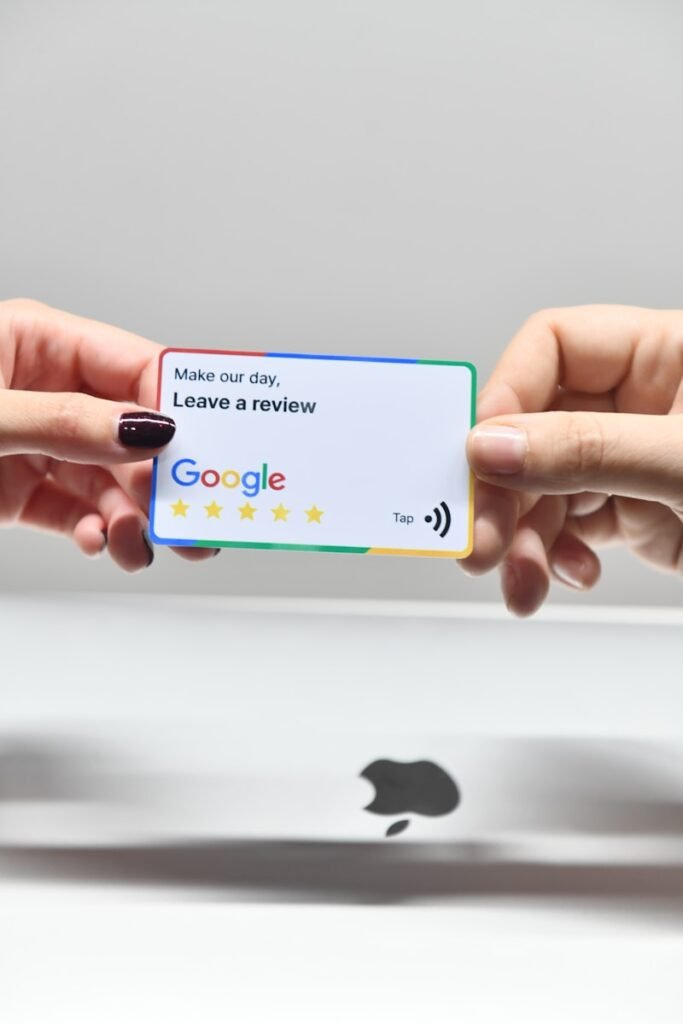
Online reviews can make or break your practice’s reputation. Encourage satisfied patients to leave positive reviews on Google or healthcare-specific platforms like ZocDoc.
Responding professionally to all reviews, including negative ones, shows that you care about patient satisfaction and are committed to improving your services.
Paid Advertising for Patient Acquisition
Paid advertising is a quick and effective way to increase visibility and attract new patients.
Whether you’re running ads on Google or social media platforms, targeted campaigns can help you reach specific demographics or promote new services.
Google Ads for Healthcare Professionals
Google Ads allows you to create campaigns targeting specific keywords related to your practice. For example, if you’re a Black dermatologist, you can target keywords like “African American skin care specialist” or “Black dermatologist in [city].”
Google Ads are especially effective because they appear right at the top of search results, increasing your chances of being found by potential patients.
Paid Social Media Advertising Strategies
On platforms like Facebook and Instagram, paid advertising allows you to target specific communities based on location, age, or interests.
For instance, you can run ads targeting people in your city who have shown interest in healthcare topics relevant to the Black community.
Use eye-catching visuals and a clear call-to-action, such as “Book an appointment today” or “Join our free health webinar.”
Measuring the Success of Paid Campaigns
To determine the effectiveness of your paid campaigns, track metrics like the number of new patients acquired, the cost per acquisition, and engagement rates on social media.
These insights will help you adjust your strategy for future campaigns, ensuring a better return on investment.
Addressing Challenges and Opportunities
Black healthcare professionals often face unique challenges, from implicit bias in the industry to limited access to capital or resources.
However, with the right marketing strategies, these challenges can be turned into opportunities for growth.
Overcoming Challenges in the Healthcare Industry
For many Black healthcare providers, overcoming systemic challenges in the industry requires resilience and creativity. Implicit bias, for instance, can affect patient referrals or collaborations.
To combat this, focus on building a strong, authentic brand that emphasizes your unique expertise and cultural awareness, helping to overcome preconceived notions.
Marketing Strategies to Turn Challenges into Opportunities

Your personal story and the challenges you’ve faced as a Black healthcare provider can be powerful marketing tools.
Sharing your experiences through blog posts, interviews, or social media content can help humanize your brand and build connections with patients who face similar challenges.
Encouraging Success Through Community-Centered Care
One of the greatest strengths of Black healthcare providers is their ability to connect with underserved communities.
By focusing your marketing efforts on the needs of these communities, you not only address healthcare disparities but also position yourself as a trusted provider.
This approach fosters long-term patient relationships, ultimately leading to a thriving practice.
Also read: Speak Their Language: How to Attract Patients Seeking Culturally Competent Care – A Bold Guide for Healthcare Providers
FAQs
1. How can Black healthcare professionals create an authentic brand? Building an authentic brand starts with understanding your core values and how they align with your community’s needs. Focus on your cultural identity and professional expertise to create a brand that resonates with both your patients and peers.
2. What are some ways to use social media for healthcare marketing? Black healthcare professionals can use social media platforms like Instagram and Facebook to share educational content, promote community events, and engage with patients. LinkedIn is also an excellent platform for professional networking and showcasing your expertise.
3. How can content marketing help grow a healthcare practice? Content marketing, such as blogging or video creation, can position healthcare providers as experts in their field. Providing educational content tailored to the needs of the Black community helps build trust and encourages patient engagement.
4. What role does SEO play in growing a healthcare business? SEO helps your website rank higher in search engine results, making it easier for potential patients to find you. Using relevant keywords, creating SEO-optimized content, and encouraging online reviews are all essential to improving online visibility.
5. Is paid advertising effective for healthcare providers? Yes, paid advertising can be highly effective for attracting new patients, especially when targeting specific demographics. Platforms like Google and Facebook allow for precise targeting, making it easier to reach underserved communities.
6. What unique challenges do Black healthcare professionals face in the industry? Black healthcare providers may face challenges like implicit bias, limited access to resources, and fewer networking opportunities. However, these challenges can be overcome by building strong, authentic brands and forming meaningful community partnerships.
The Breakdown
In today’s competitive healthcare landscape, Black healthcare professionals have an incredible opportunity to grow their practices by implementing strategic marketing techniques.
By building an authentic brand that aligns with cultural values and professional expertise, you create trust and credibility within your community.
Leveraging social media, content marketing, and local partnerships allows you to expand your reach and engage with both new and existing patients.
In addition, adopting SEO strategies and utilizing online reviews can significantly boost your online visibility, making it easier for patients to find and trust your practice.
Paid advertising and community involvement further enhance your ability to attract targeted audiences and reinforce your position as a trusted healthcare provider.
While challenges like bias and limited resources exist, these can be turned into strengths through thoughtful marketing efforts that highlight your unique perspective and expertise.
By centering your marketing around the needs of underserved communities, you not only grow your practice but also contribute to closing gaps in healthcare access and quality.
With the right marketing strategies, Black healthcare professionals can build thriving practices that serve as pillars of both health and empowerment in their communities.

Comments
Each sentence is like a puzzle piece fitting perfectly into a larger picture of understanding.
Greate post. Keep posting such kind of info on your page.
Im really impressed by it.
Hello there, You have performed a fantastic job. I’ll certainly digg it and
in my opinion recommend to my friends. I’m sure they’ll be benefited from
this website.
Thank you. Glad it was helpful.